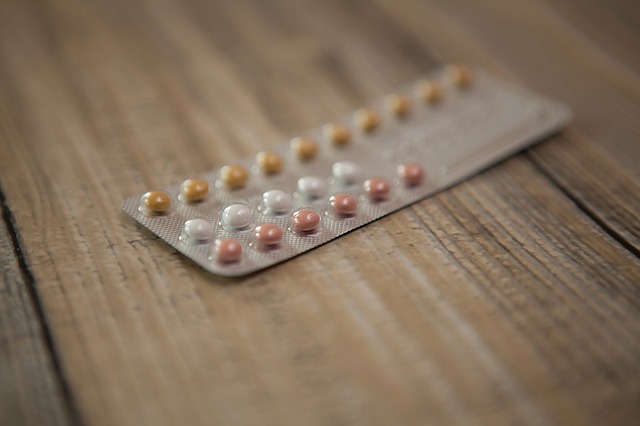Depression is one of the complaints women have about taking contraceptive pills, and new research confirms the fact. Dutch researchers have found that women on the combined pill were 23% more likely to suffer from depression compared to those who were not using it. Among teenage girls, the number jumped to 80%.
The research team from the University of Copenhagen discovered that hormone-based contraceptives such as the pill, the patch, the vaginal ring and hormonal IUD all led to increased risks of depression. Women on the mini-pill (progestin only) were 34% more likely to become depressed, those on hormonal IUDs had a 40% increased rate and those on the ring 60% more for depression. Women on the patch had the highest risk for depression, as they were two times more likely to face depression, Newsweek reports.
The landmark study is the largest of its kind. The team monitored over a million Dutch women from 15 to 34 years of age for a period of 13 years.
The women had no prior records of depression. The team used data to track birth control prescriptions and diagnoses for depression, if they came up.
The results showed that women were most likely to get depressed after 6 months on contraceptives, but the risk gradually lowered after one or more years of use. Women who started using birth control at a later age were less likely to be depressed.
More studies are needed to determine if there is a direct cause-and-effect relationship between contraceptives and depression or mental health.
Contraceptives are universal in the United States, with 99% of sexually active women saying that they had used some form of birth control at one point. According to statistics, up to 62% of women currently use one or more types of contraceptives, the pill and female sterilization being the most used methods of birth control.
The study was published in JAMA Psychiatry.
























